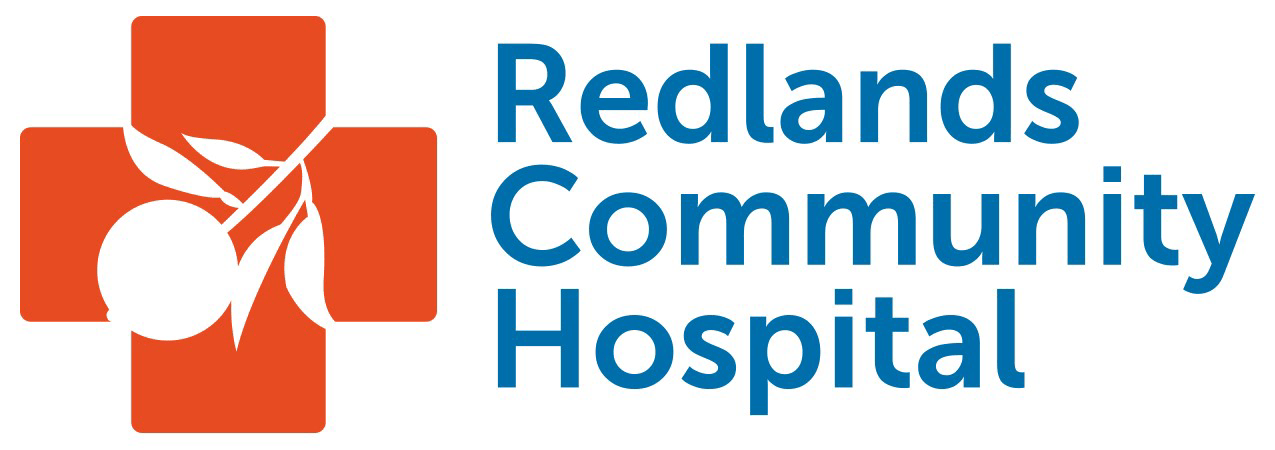
Respiratory Syncytial Virus (RSV)
Information for Patients and Families
Frequently Asked Questions (Q&A)
What is RSV?
Respiratory syncytial virus, or RSV, is a common respiratory virus that
usually causes mild, cold-like symptoms. RSV is the most common cause
of bronchiolitis (inflammation of the small airways in the lung) and pneumonia
(infection of the lungs) in children younger than 1 year of age in the
United States.

Who is at greatest risk?
Those at greatest risk for severe illness from RSV include:
- Premature infants
- Infants, especially those 6 months and younger
- Children younger than 2 years old with chronic lung disease or congenital (present at birth) heart disease
- Children with weakened immune systems
- Children who have neuromuscular disorders, including those who have difficulty swallowing or clearing mucus secretions
What are the symptoms of RSV?
People infected with RSV usually show symptoms within 4 to 6 days after getting infected. Symptoms of RSV infection usually include:
- Runny nose
- Decrease in appetite
- Coughing
- Sneezing
- Fever
- Wheezing
These symptoms usually appear in stage and not all at once. In very young infants with RSV, the only symptoms may be irritability, decreased activity, and breathing difficulties.
How do you prevent RSV?
There are steps you can to help prevent the spread of RSV. Specifically, if you have cold-like symptoms you should:
- Cover your coughs and sneezes with tissue or your upper shirt sleeve; not your hands
- Wash your hands often with soap and water for at least 20 seconds
- Avoid close contact, such as kissing, shaking hands, and sharing cups and eating utensils, with others
- Clean frequently touch surfaces such as doorknobs and mobile devices
Parents of children at high risk for developing severe RSV disease should also limit the time they spend in childcare centers or other potentially contagious settings during periods of high RSV activity. This may help prevent infection and spread of the virus during the RSV season.
What symptom management care can be done at home?
The good news is that most RSV infections go away on their own in a week or two. There are no specific treatments for RSV, however here are a few things to do at home:
- Manage fever and pain with over-the-counter fever reducers and pain relievers such as acetaminophen or ibuprofen. (Never give aspirin to children.)
- Drink enough fluids to prevent dehydration.
- Talk to your doctor before giving your child nonprescription cold medicines. Some medicines contain ingredients that are not good for children.
When should you call your doctor?
You should call your doctor if your child has:
- A fever of 100.4°F or higher and is 1 to 3 months of age
- A fever that rises above 104°F repeatedly for a child of any age
- Coughing, wheezing, rapid breathing or other symptoms that get worse over time
- Signs of dehydration, such as fewer wet diapers than usual
- Lips, fingertips, or skin that look blue or grey
When should we head to the Emergency Room?
Seek emergency services if you child is:
- Less than 1 month old with a fever of 100.4°F or more
- Having severe trouble breathing (struggling for each breath; can barely speak or cry)
- Showing significant changes like decreased alertness and very low activity levels
If you think your child has a life-threating emergency, call 911.